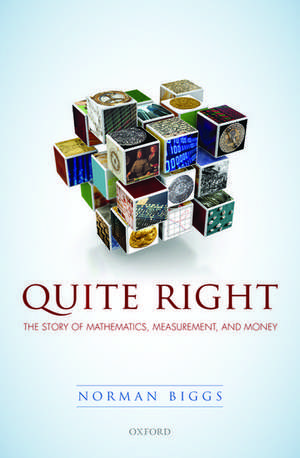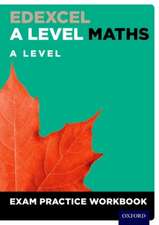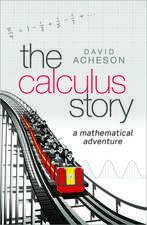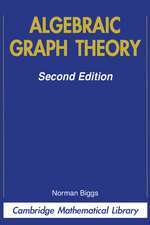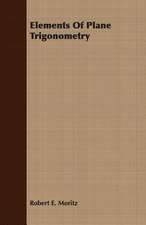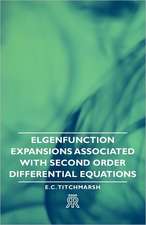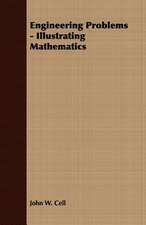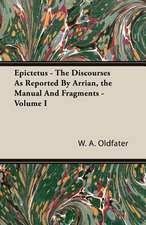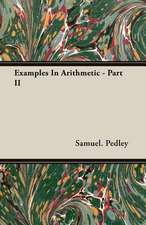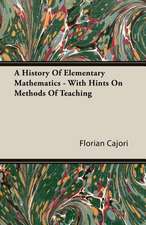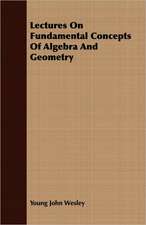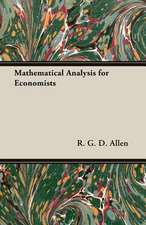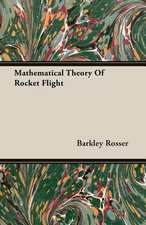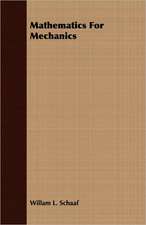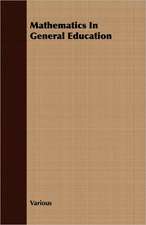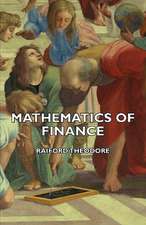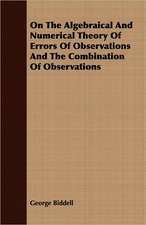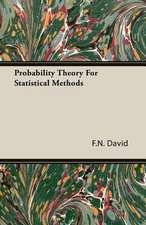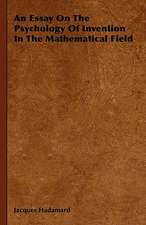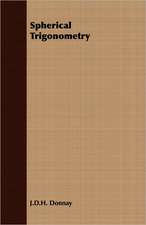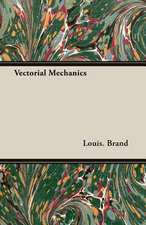Quite Right: The Story of Mathematics, Measurement, and Money
Autor Norman Biggsen Limba Engleză Hardback – 11 feb 2016
Preț: 240.48 lei
Nou
Puncte Express: 361
Preț estimativ în valută:
46.02€ • 49.97$ • 38.66£
46.02€ • 49.97$ • 38.66£
Carte tipărită la comandă
Livrare economică 11-17 aprilie
Preluare comenzi: 021 569.72.76
Specificații
ISBN-13: 9780198753353
ISBN-10: 0198753357
Pagini: 186
Dimensiuni: 172 x 241 x 17 mm
Greutate: 0.45 kg
Editura: OUP OXFORD
Colecția OUP Oxford
Locul publicării:Oxford, United Kingdom
ISBN-10: 0198753357
Pagini: 186
Dimensiuni: 172 x 241 x 17 mm
Greutate: 0.45 kg
Editura: OUP OXFORD
Colecția OUP Oxford
Locul publicării:Oxford, United Kingdom
Recenzii
Recommended.
The author writes with a clear and engaging style, enriched here and there with witty comments.
This is an excellent popular history of mathematics.
It is the different view on the history of mathematical ideas as compared to other books which renders this book a gem.
[A]n excellent history of mathematics ... A lot of territory is covered very well in a relatively short read. Thus, if you want an brief introduction to the history of mathematics, either for yourself, or to use as part of a first course on the subject for students, then you would be Quite Right to make this book your choice.
The text is quite accessible ... The useful illustrations and schemes are in gray-scale and to the point.
I would recommend this book to those who are interested in a unique perspective of the history of mathematics.
The author writes with a clear and engaging style, enriched here and there with witty comments.
This is an excellent popular history of mathematics.
It is the different view on the history of mathematical ideas as compared to other books which renders this book a gem.
[A]n excellent history of mathematics ... A lot of territory is covered very well in a relatively short read. Thus, if you want an brief introduction to the history of mathematics, either for yourself, or to use as part of a first course on the subject for students, then you would be Quite Right to make this book your choice.
The text is quite accessible ... The useful illustrations and schemes are in gray-scale and to the point.
I would recommend this book to those who are interested in a unique perspective of the history of mathematics.
Notă biografică
Norman Biggs has been a university lecturer for over 50 years. After graduating from the University of Cambridge he became an Assistant Lecturer at Southampton University in 1963, and subsequently taught at Royal Holloway and the London School of Economics. Since 2006 he has been Emeritus Professor at the LSE and has continued to give lectures on information theory and the history of mathematics.
